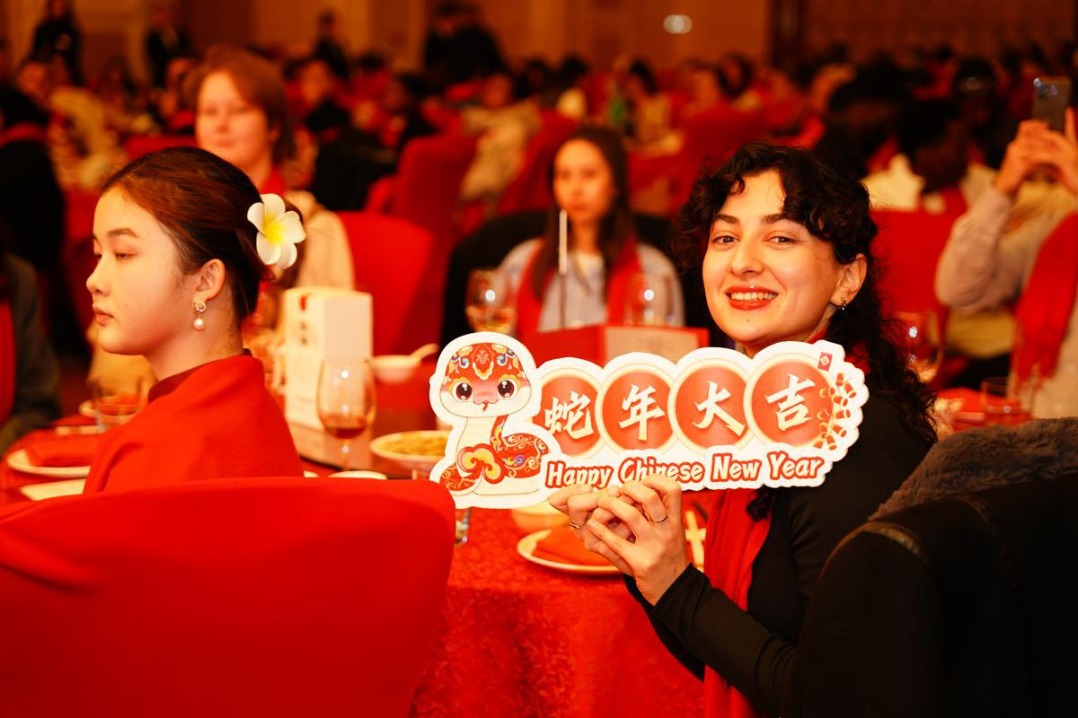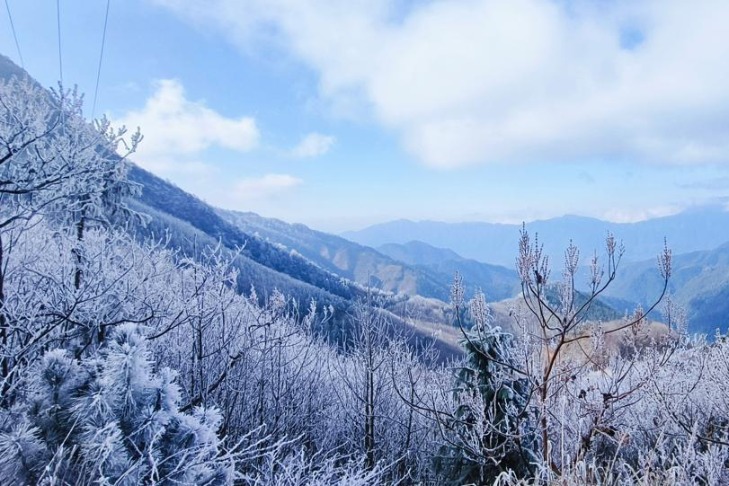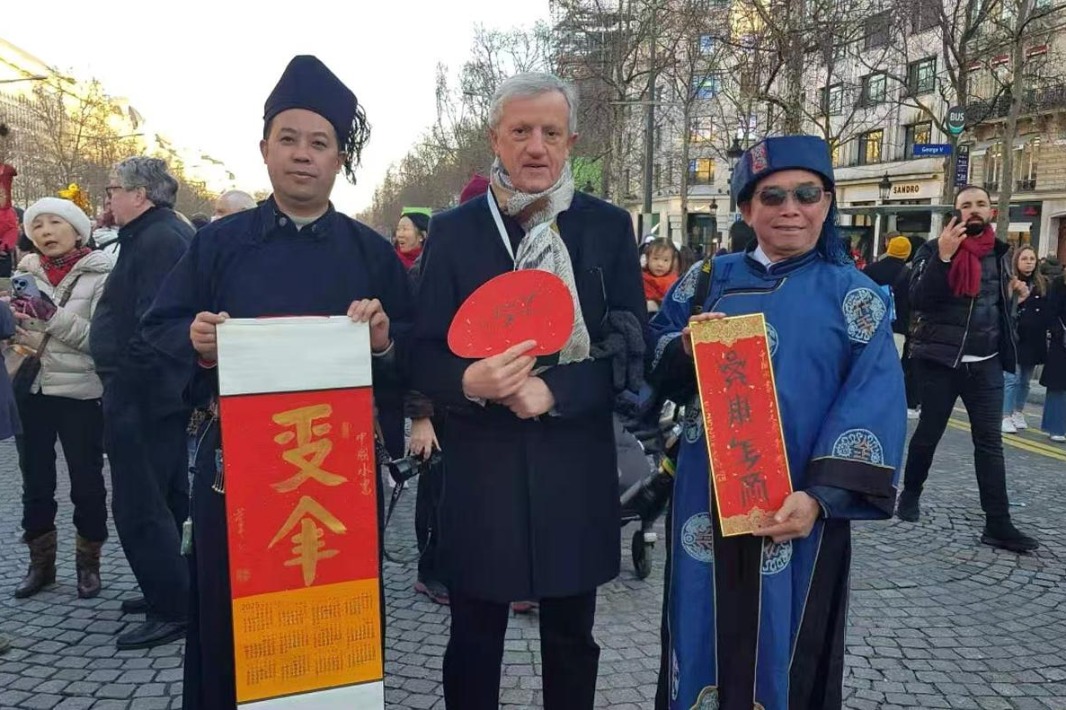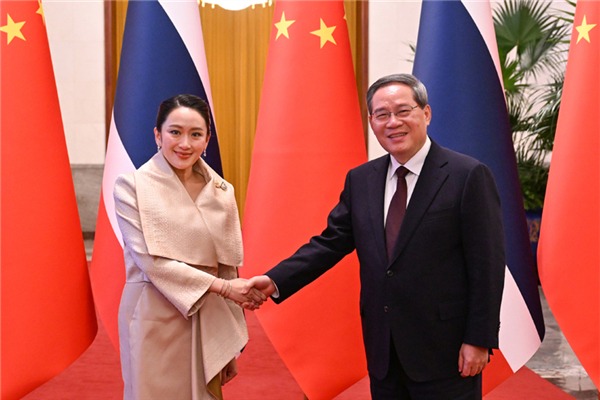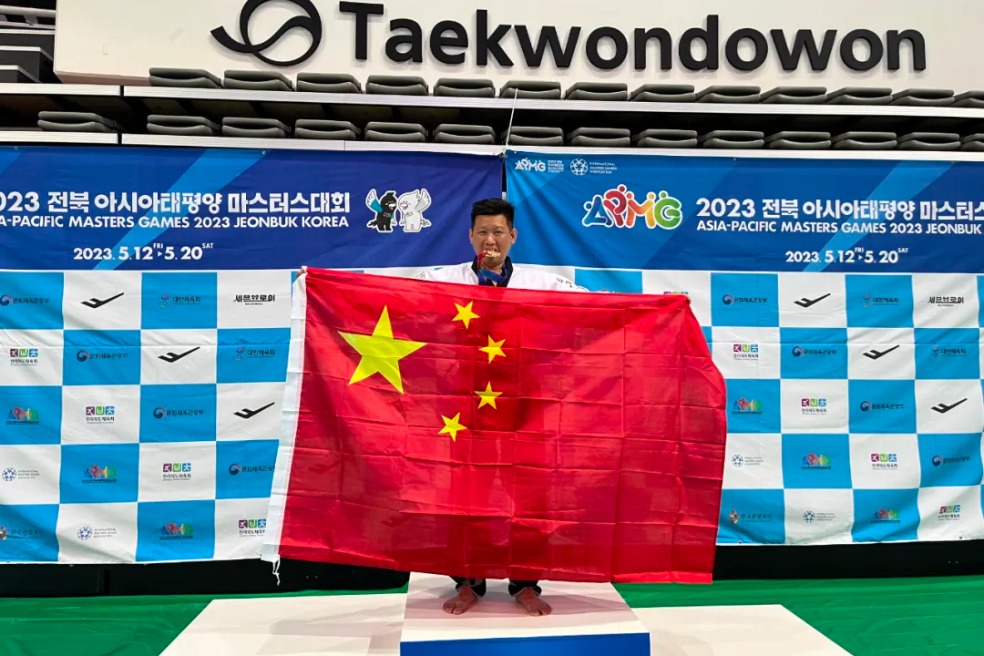Chinese scientists decode cold-tolerance mechanism in desert moss

URUMQI -- Chinese researchers have identified the molecular mechanisms behind the cold tolerance of Syntrichia caninervis, a desert moss that could play a role in future Mars terraforming efforts.
The study, conducted by the Xinjiang Institute of Ecology and Geography under the Chinese Academy of Sciences, was recently published in the journal Plant, Cell & Environment.
Syntrichia caninervis is known for its resilience to desiccation, freezing temperatures, and gamma radiation. It has already demonstrated the ability to survive in simulated Martian conditions. To better understand its molecular response to cold stress, the researchers performed RNA sequencing on hydrated samples exposed to temperatures of 4 and minus 4 degrees Celsius, analyzing gene expression over time.
The study found that key mechanisms such as sugar and energy metabolism, lipid metabolism, and antioxidation significantly contribute to the moss's ability to withstand cold stress. Most genes related to photosynthesis were up-regulated in response to cold exposure, suggesting that the moss might adapt its metabolic processes to survive low temperatures.
A particularly notable discovery was the role of A-5 DREB genes, especially ScDREBA5, which was up-regulated by about 1,000-fold. This gene appears to be critical in the moss's ability to endure freezing conditions, said the study.
"This study not only deepens our understanding of cold tolerance mechanisms in Syntrichia caninervis but also provides valuable insights for developing hardier crops capable of thriving in extreme environments," said Li Xiaoshuang, the study's corresponding author.
- Chinese scientists decode cold-tolerance mechanism in desert moss
- Cooperation key to diplomacy, sports
- Pioneer of nuclear submarines passes away at 99
- People make beeline for festival edition Huishan figurines
- Xi congratulates Colombian president on 45 years of ties
- Strong gusts trigger yellow alert


















